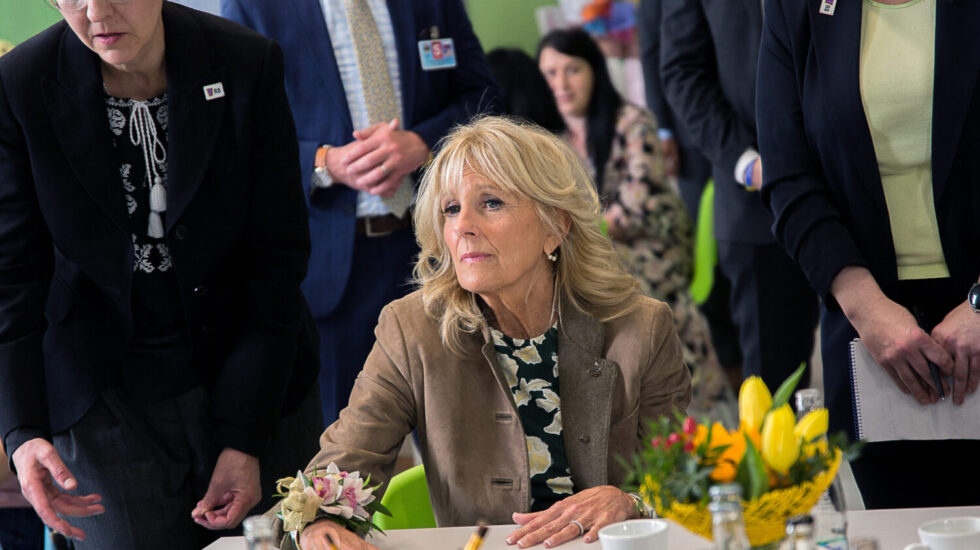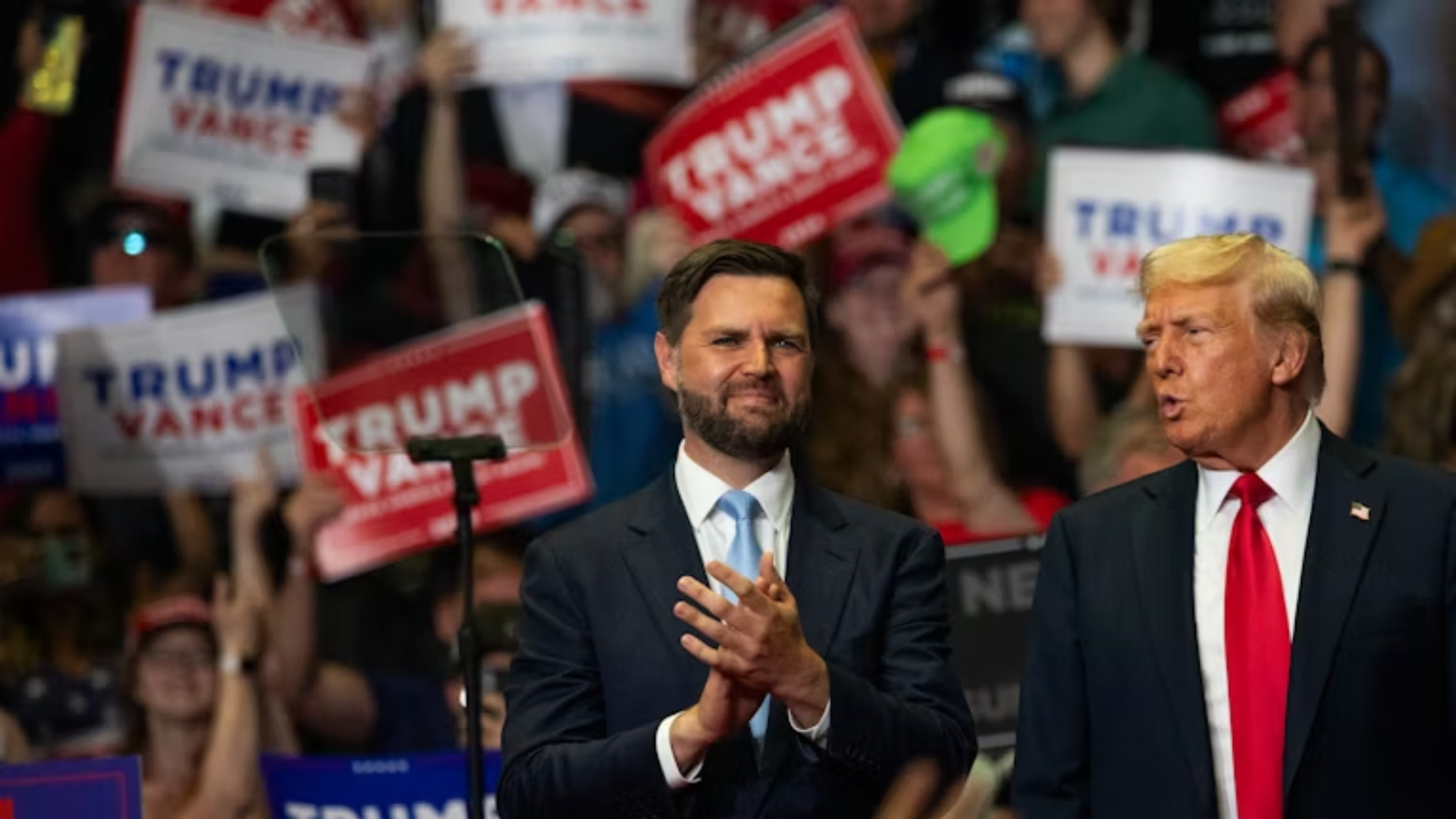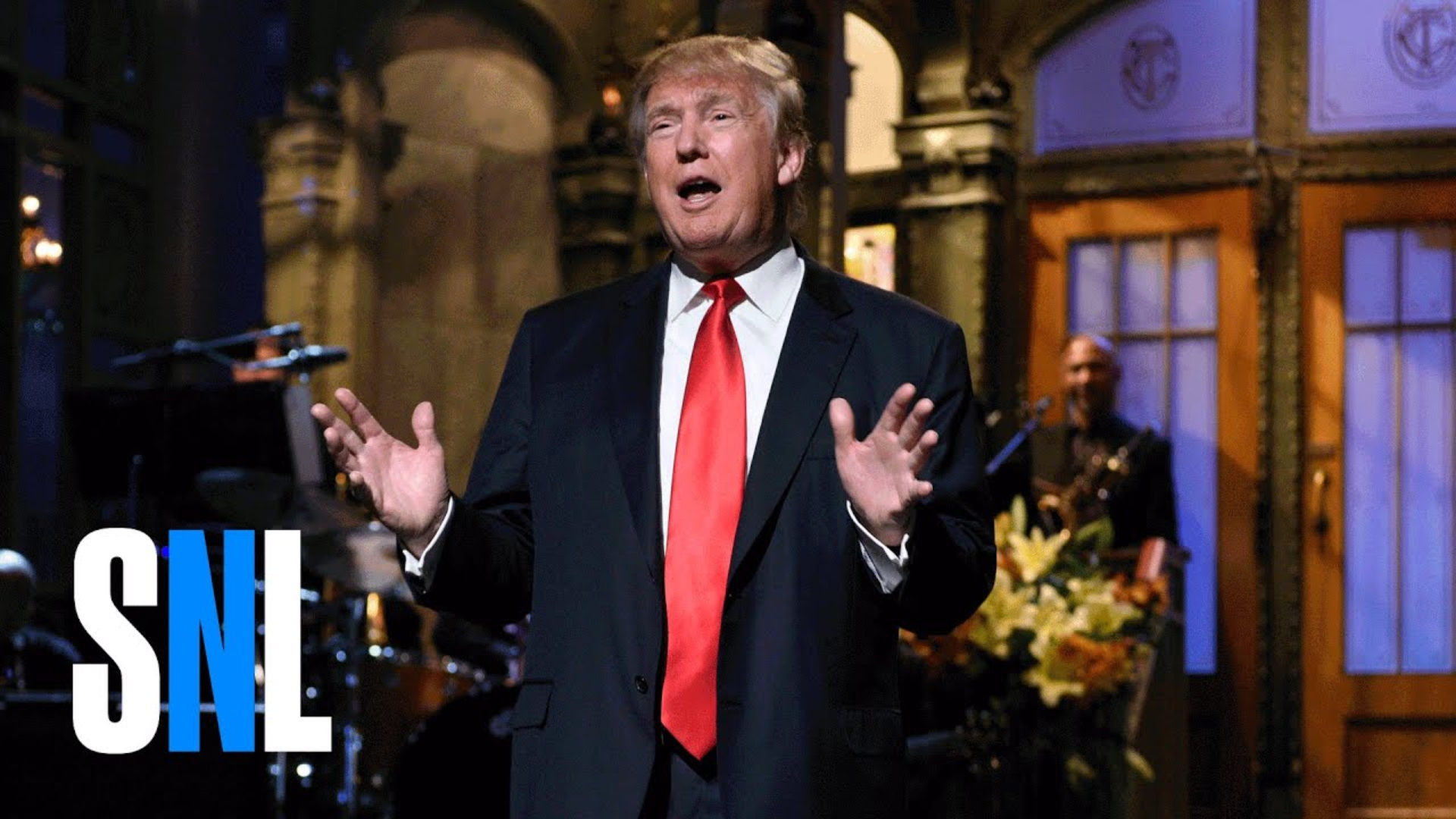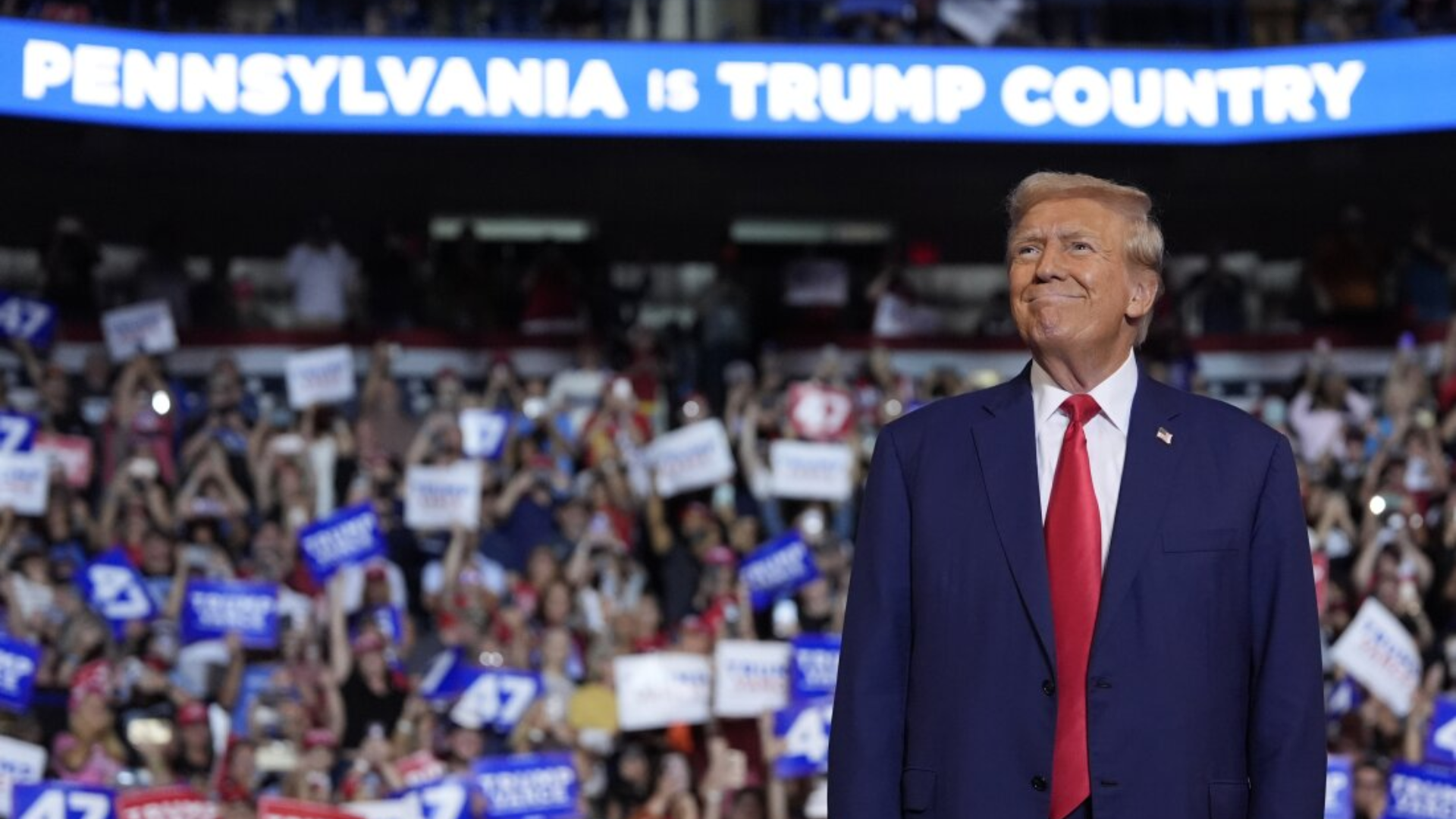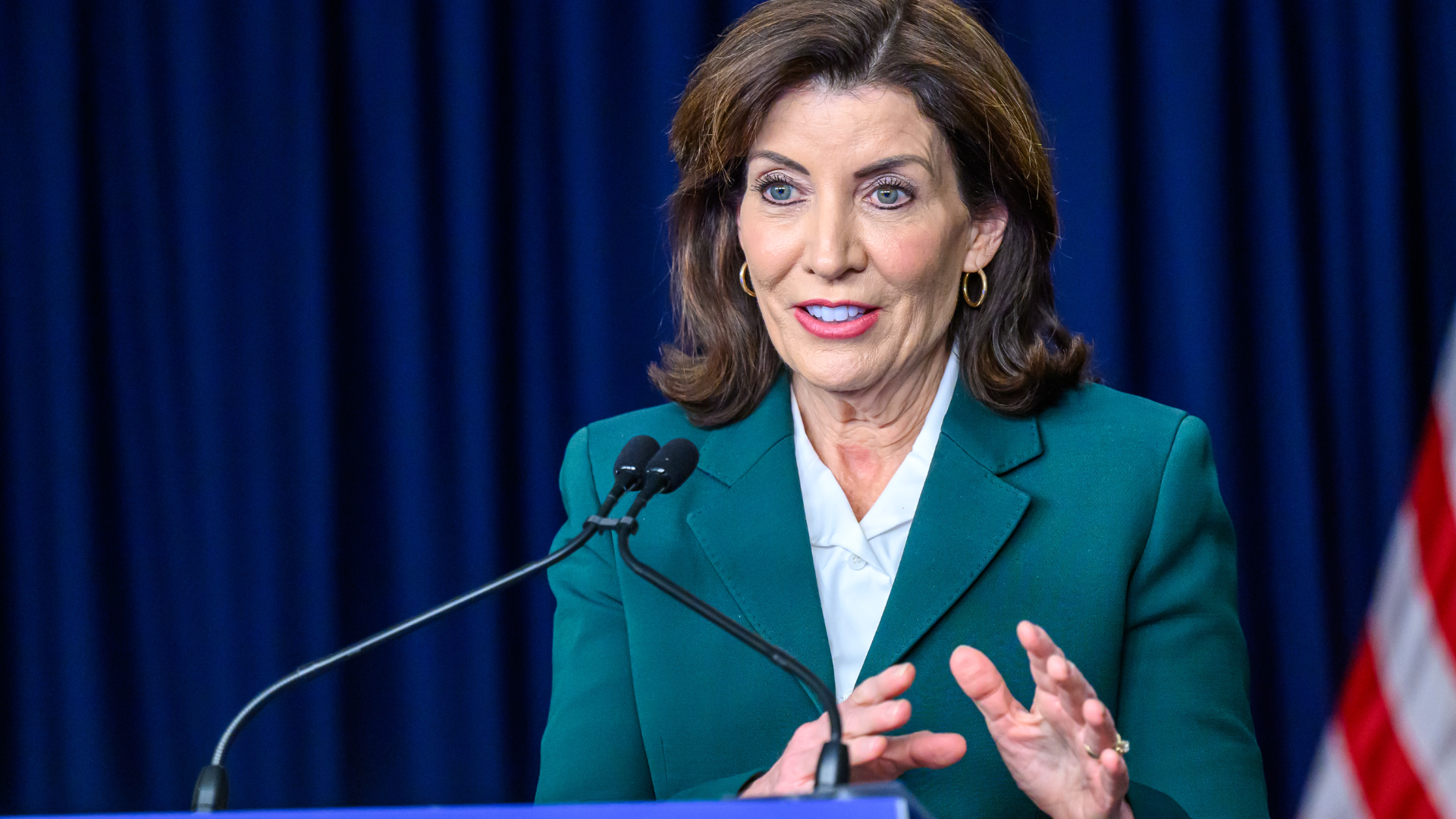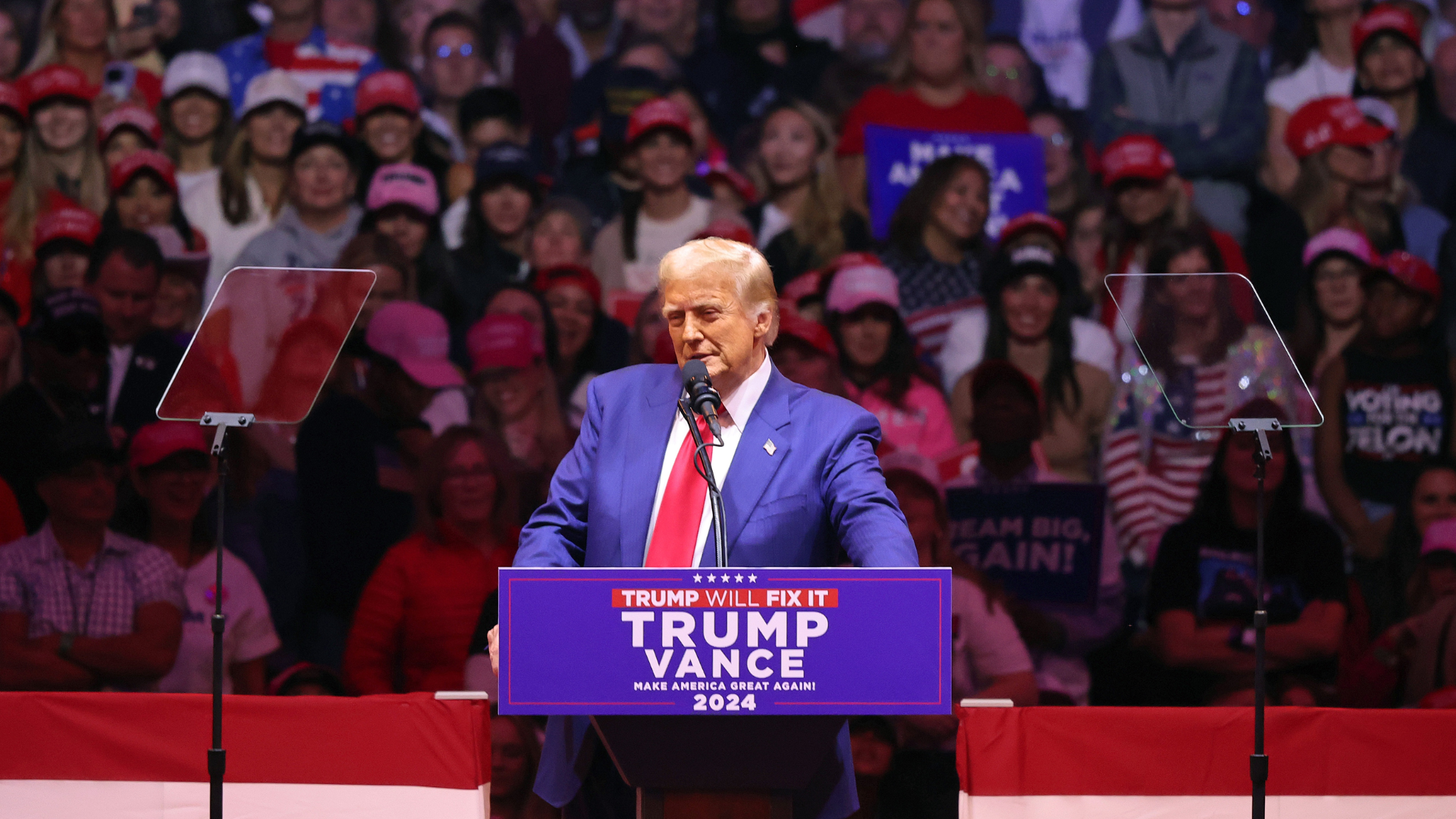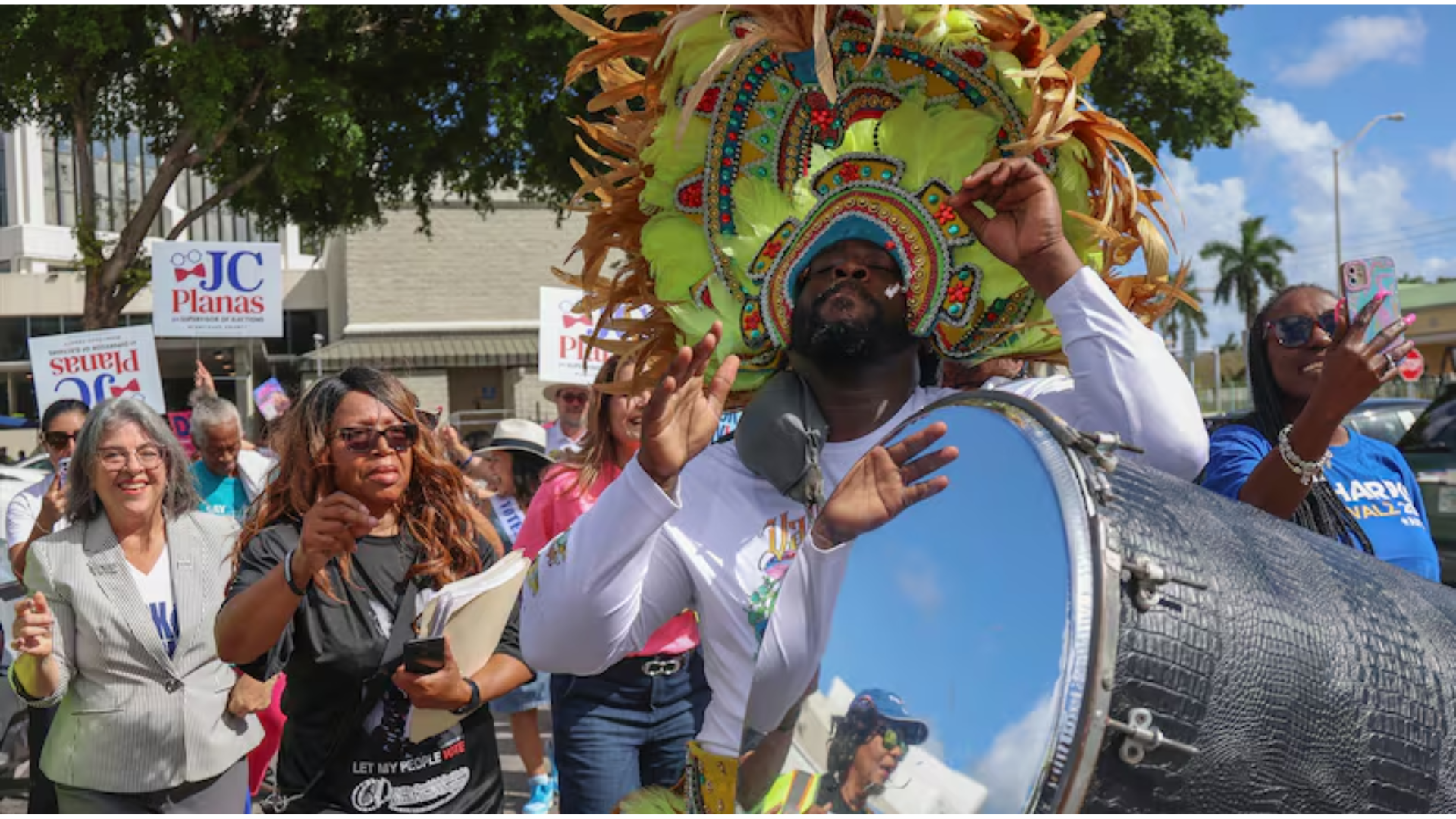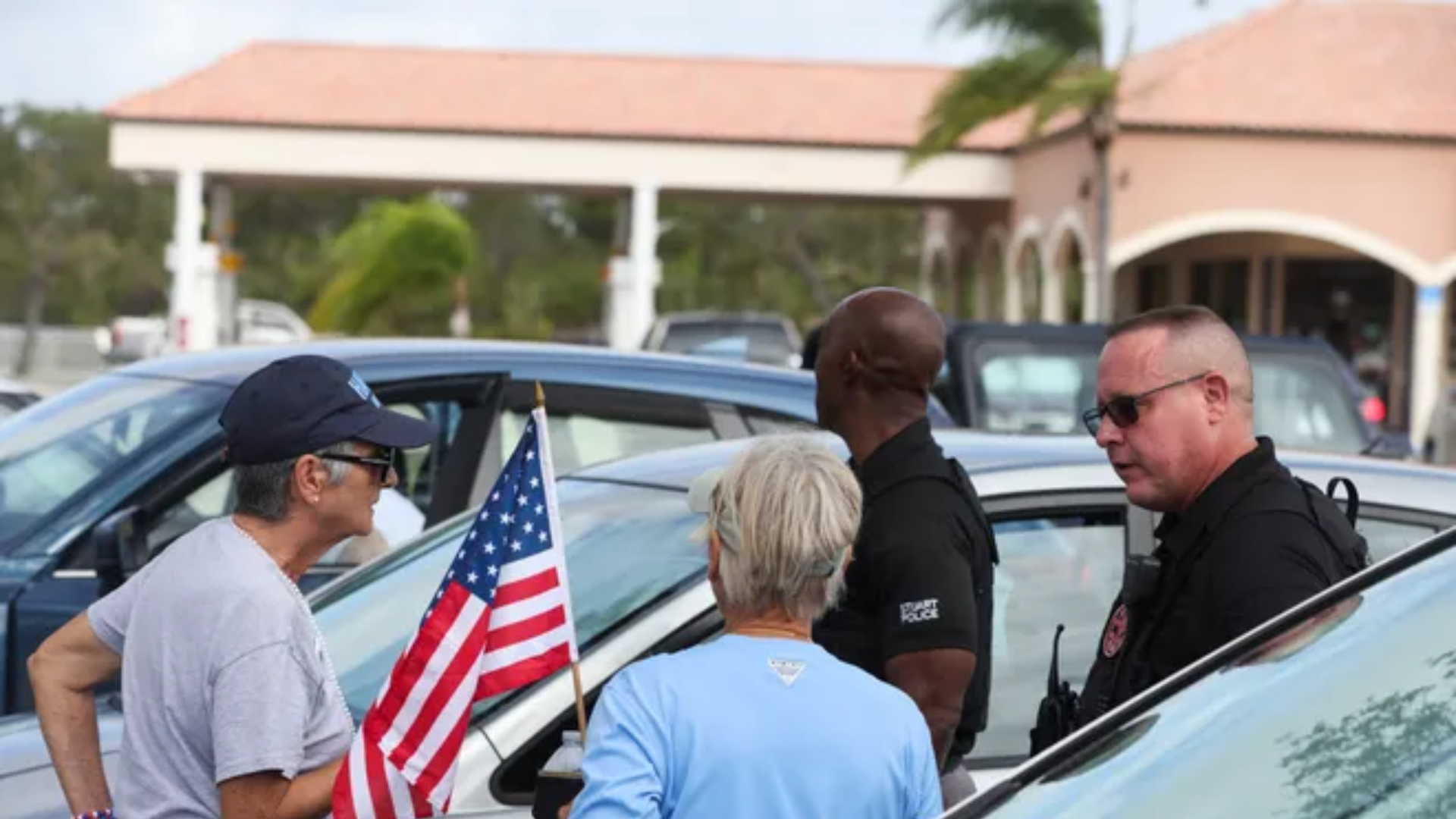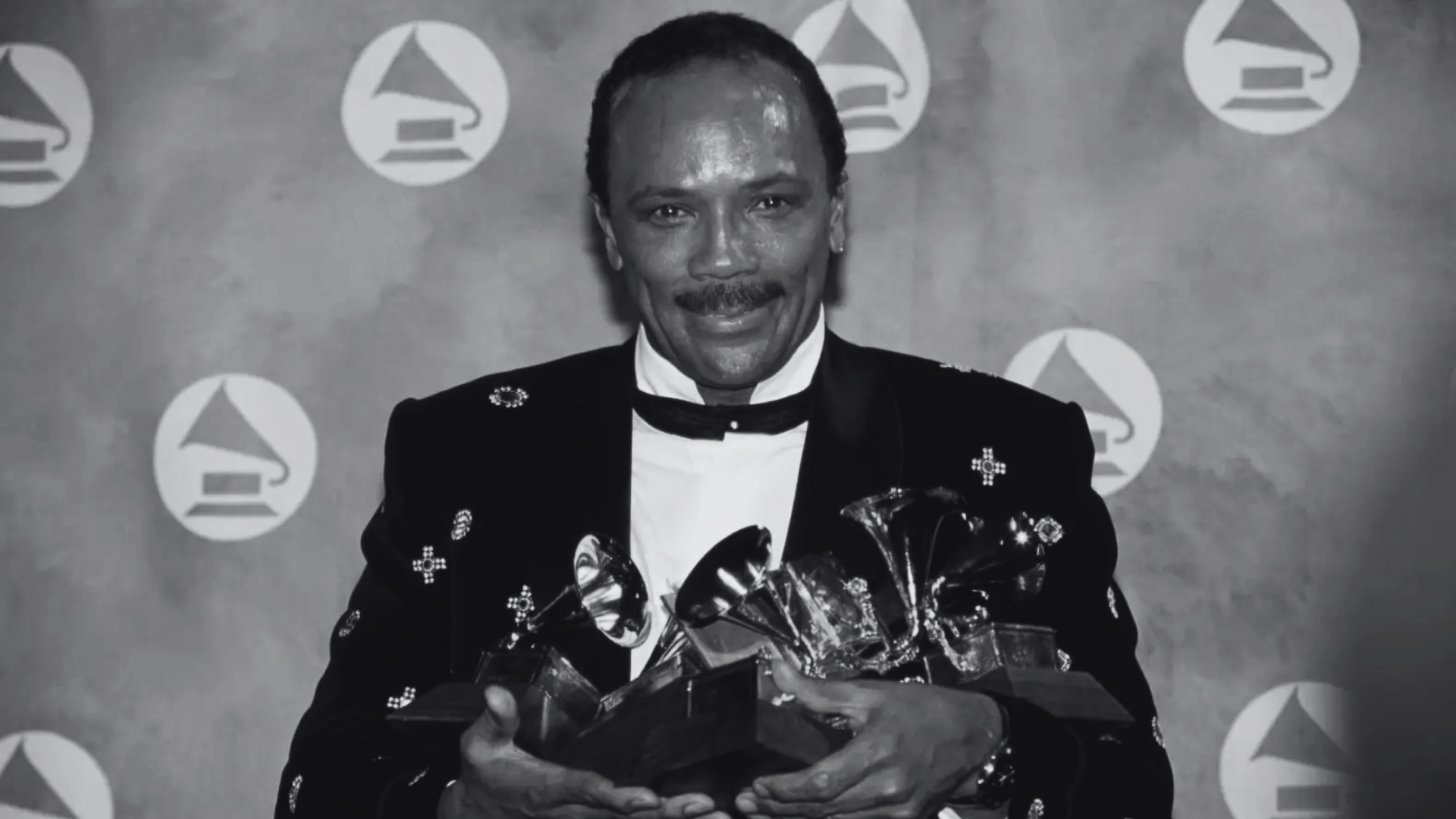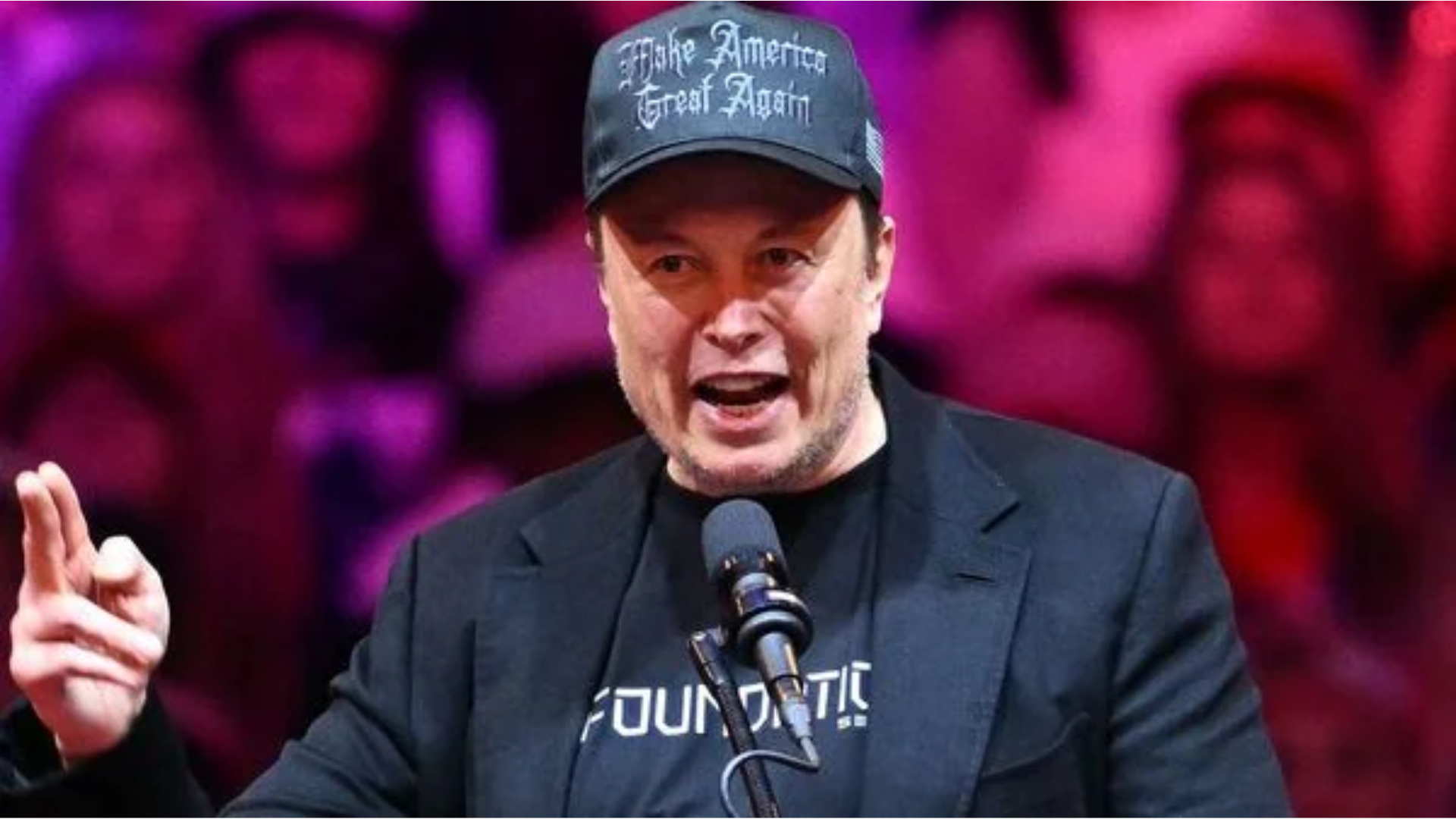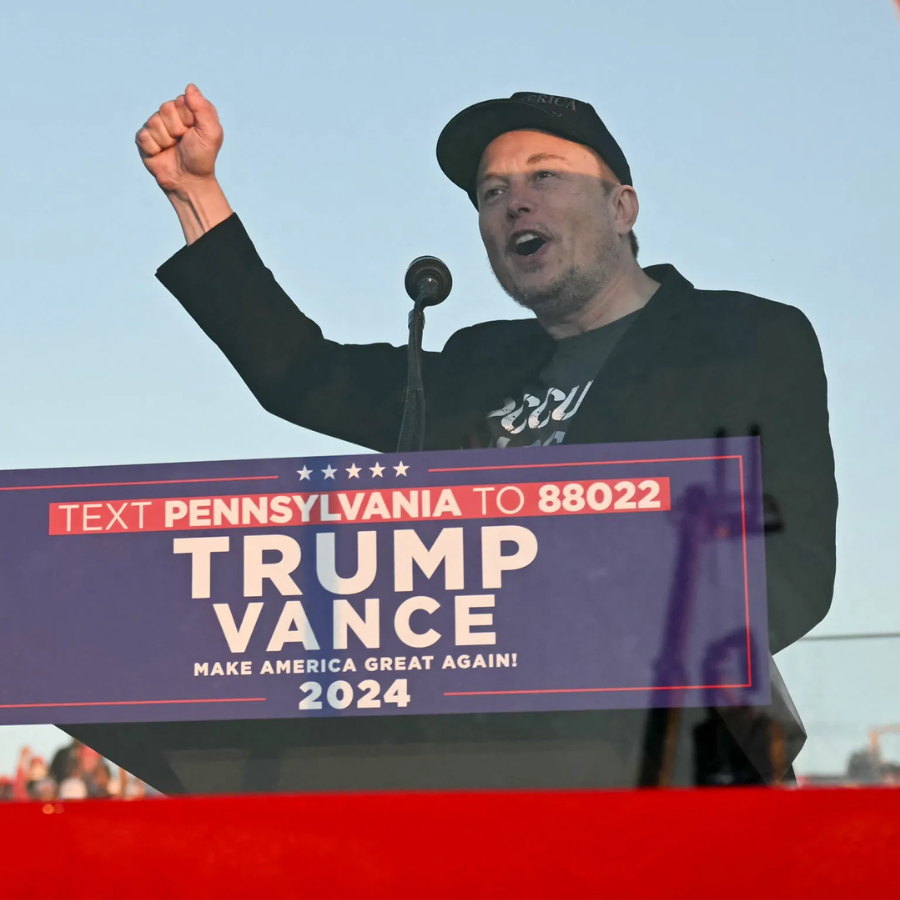
Philadelphia District Attorney Larry Krasner has filed a civil lawsuit against tech billionaire Elon Musk and his pro-Trump political action committee, America PAC, seeking to shut down their controversial $1 million giveaway targeting registered voters. Krasner, a Democrat, argues that the initiative is an “illegal lottery scheme” aimed at enticing voters to provide personal information and political pledges in exchange for a chance to win substantial cash.
The lawsuit, filed in Pennsylvania state court, alleges that Musk’s daily $1 million sweepstakes violates state lottery laws, which require all lotteries within Pennsylvania to be run and regulated by the state. According to Krasner’s office, the operation’s structure mirrors that of a lottery, where participants submit personal data in hopes of winning a large cash prize. The DA’s office contends this activity falls outside legal guidelines.
“America PAC and Musk are luring citizens in Philadelphia and across the state to give up their personal identifying information and make a political commitment for a chance at $1 million,” the lawsuit states. “That is a lottery, and under Pennsylvania law, it is an illegal lottery.”
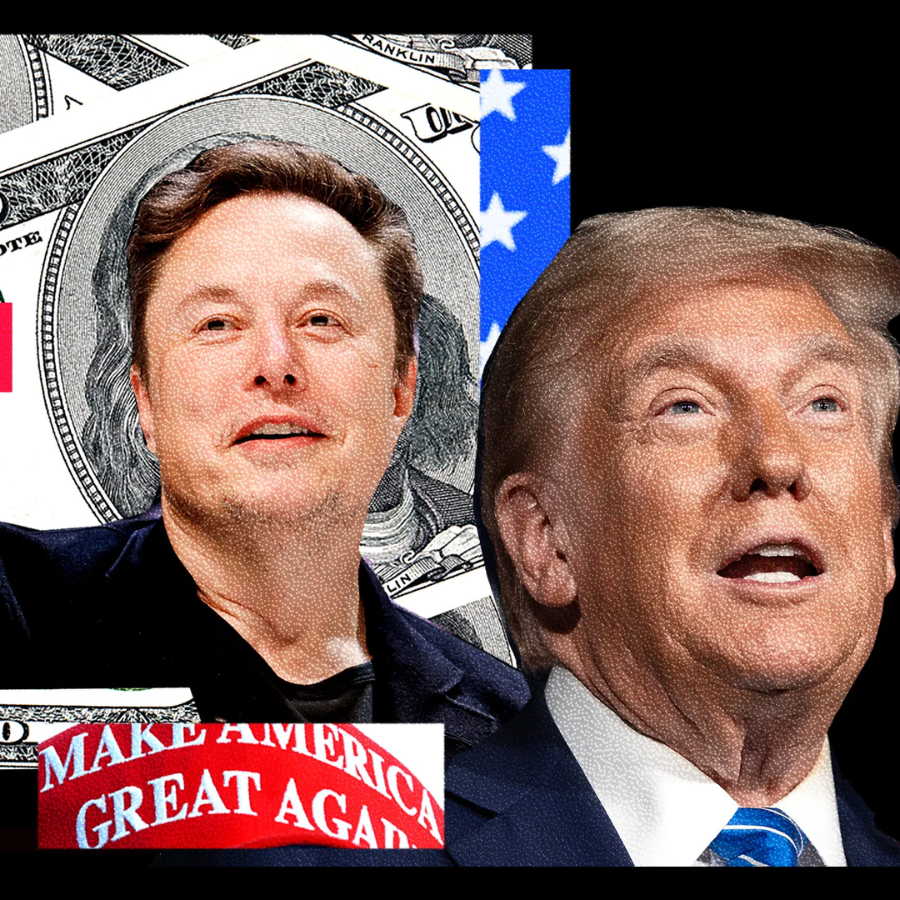
Representatives for Musk’s super PAC have yet to respond directly to the lawsuit. Instead, the group focused on announcing their latest sweepstakes winner, a registered voter from Hastings, Michigan. However, the lawsuit asserts that the selection process is misleading, suggesting that winners are not chosen randomly but instead include individuals with ties to Trump rallies in Pennsylvania.
Krasner’s legal action focuses on violations of Pennsylvania’s lottery and consumer protection laws, but it does not cite federal or state laws on vote-buying. Nevertheless, the initiative has attracted federal attention. The U.S. Department of Justice has reportedly issued a warning to Musk’s super PAC, noting that the giveaway could be construed as illegal under federal statutes prohibiting financial incentives for voter registration.
This case has highlighted potential legal risks for political groups using unconventional methods to sway voter participation. Musk’s campaign, with its unusual blend of technology and cash incentives, has captured public attention but may now face increasing scrutiny from both state and federal authorities.
The outcome of Krasner’s lawsuit could set a precedent for similar voter-targeted initiatives in future elections, underscoring the legal boundaries of engaging voters with financial incentives. As the legal process unfolds, Musk and his super PAC will have to navigate complex regulations that may impact their campaign activities leading up to the election.
